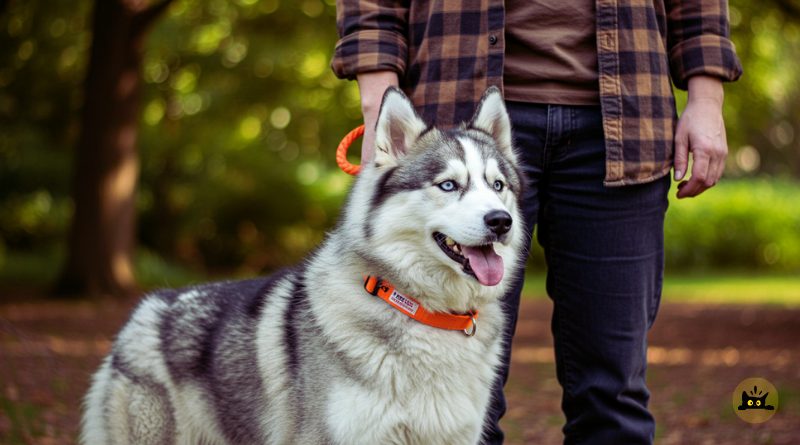Dog flea and tick prevention is key to your dog’s comfort and overall health. These tiny bugs not only make your dog itch and give it sore skin but can also spread dangerous illnesses to pets and people. One tick bite can pass on bacteria that cause Lyme disease or ehrlichia and if flea problems get out of hand your dog can become low on blood or even get tapeworms. Catching them early and acting fast helps your dog stay healthy and cheerful.
What Fleas and Ticks Are
Why Fleas Are a Problem
Fleas live on your dog while baby fleas grow in your carpets bedding and yard dirt. One female flea can drop about forty eggs every day which end up around your home. Stopping that cycle means treating your dog and its home with vet approved treatments and regular cleaning.
Why Ticks Are a Problem
Ticks hide in tall grass and woods until they find your dog. When they latch on they drink blood and can spread illness if they stay on for 12 to 24 hours. Tick diseases can include anaplasmosis and Rocky Mountain fever. To keep ticks off check your dog often remove any ticks fast and use vet recommended preventives all year long.
Spotting Early Signs
Your dog may scratch or lick thin spots like the belly and inner thighs. Flea bites look like small red spots and you might see little black dots (flea dirt) in its fur. In bad cases your dog can get sores or hot spots and might lose hair in some spots. Ticks look like little dark bumps on the head ears or between toes and you can feel them as tiny hard lumps under the fur.
Dog Flea and Tick Prevention Strategies
Talk to Your Vet
Ask your vet to pick a plan that fits your dog age weight and daily life. Options include treatments you put on the skin at the shoulders chewable pills your dog eats every month and special collars that keep bugs away for months. Each choice has its perks for example chewables still work after baths or swims spot on liquids start working fast and collars give long lasting protection. Stick to the schedule so you never leave your dog unprotected.
Tidy Your Home and Yard
You’ll find many flea stages off your dog so keeping your house and yard clean is key. Wash your dog’s bedding in hot water every week. Vacuum floors and furniture then dump the dirt outside. Keep grass short and clear away brush and leaves near flower beds and under decks. If fleas are everywhere try safe yard sprays or call pest control to break the flea cycle completely.
Seasonal Care Tips
Fleas tend to flare up in warm months while ticks become more active in spring and fall. In summer check your dog every day after walks near bushes and in autumn inspect fur before letting your dog indoors. In winter continue prevention because indoor heating can let fleas thrive. Adjust treatment timing if your dog swims more or if local humidity changes.
At Home Steps
How to Remove a Tick
- Wear throw away gloves or use a tissue so you do not touch the tick with your bare hands
- Use small pointed tweezers to grab the tick right at the skin surface
- Pull straight up without twisting to make sure you get the whole tick out
- Put the tick in a closed jar or alcohol so it cannot crawl out
- Clean the spot with a disinfectant wipe and watch for any redness or swelling over the next week
Dealing with Fleas
- For just a few fleas bathe your dog with a vet approved flea shampoo leaving it on for the time the bottle says
- If there are more fleas use the vet prescribed pills or spot on drops
- Keep cleaning your home and yard to get rid of flea eggs and baby bugs
- Keep treating until you do not see any live fleas or black dots and do prevention all year long
Conclusion
Using vet approved treatments and keeping your home and yard clean keeps fleas and ticks away. Ask your vet to pick the safest products for your dog health and lifestyle. Check your dog often for early signs of bugs and take ticks off right away. By preventing all year and acting fast when you see bugs you will protect your dog from itching and illness.
Sources : American Kennel Club, ASPCA Animal Poison Control Center, VCA Animal Hospitals
Discover another helpful article in our dog care category: Leptospirosis Warning Every Dog Owner Needs

